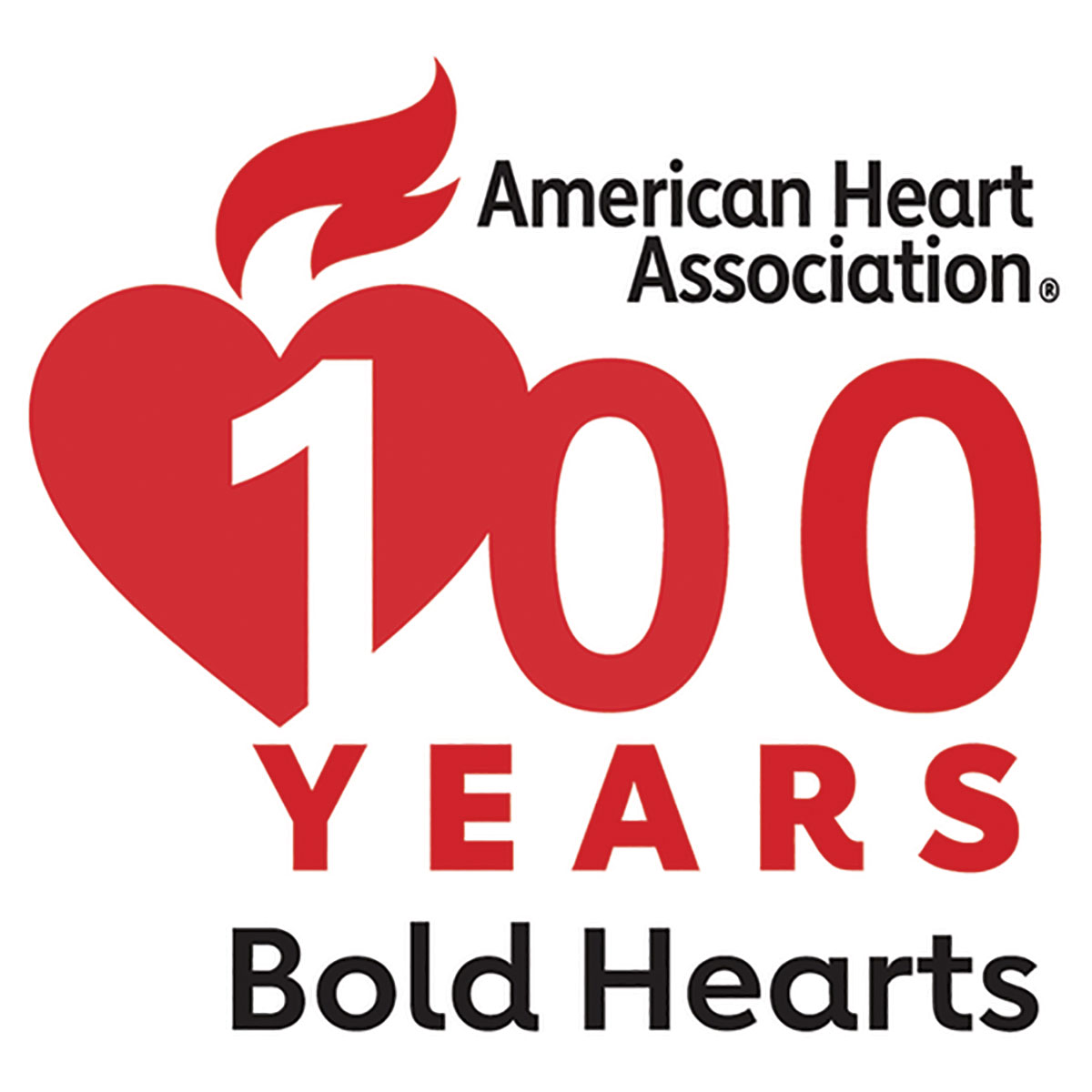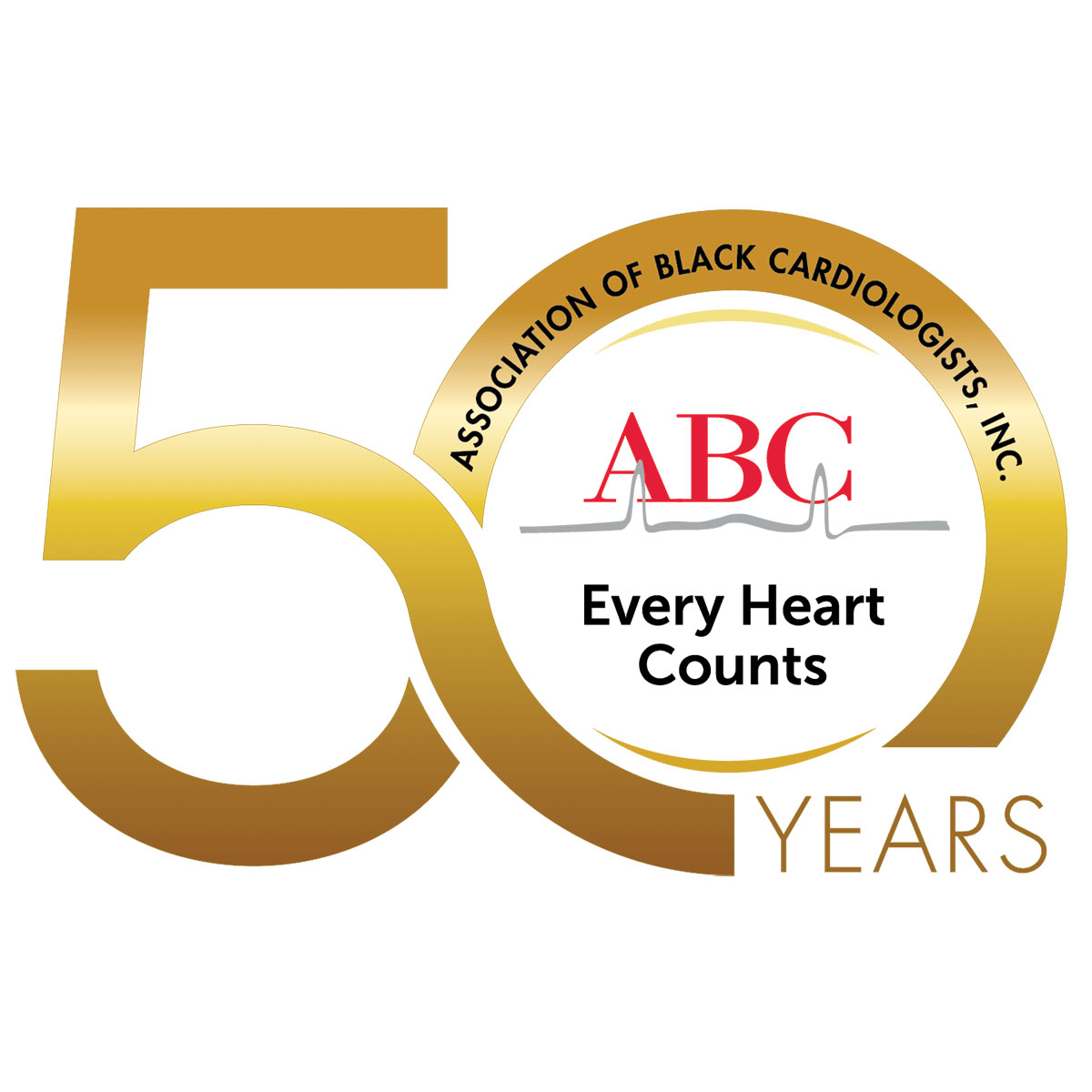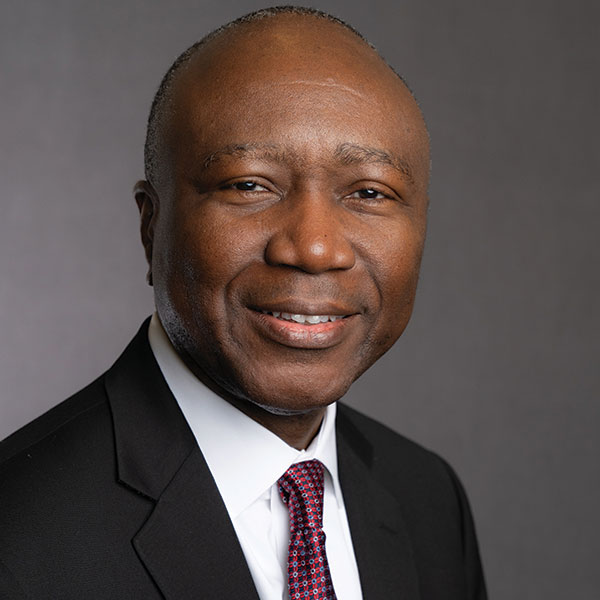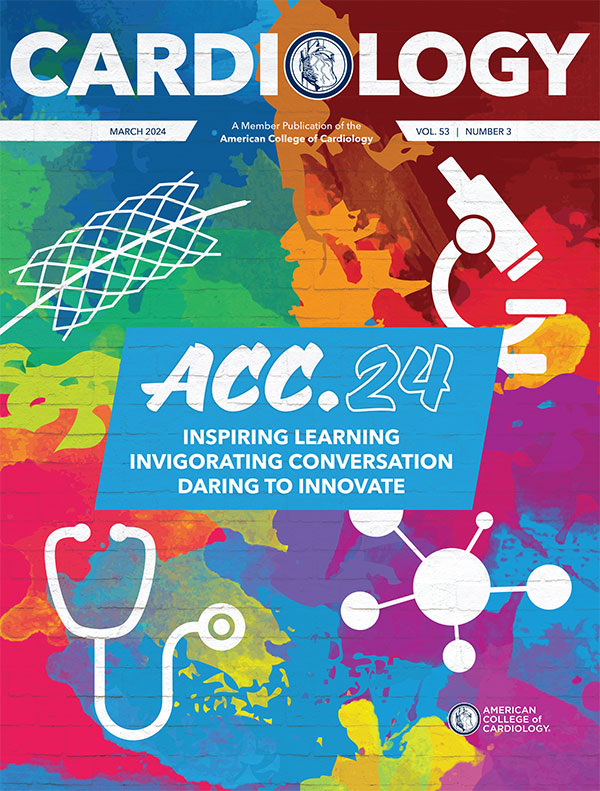Feature | Honoring Excellence: Recognizing AHA, ABC Achievements in Improving Heart Health

The ACC isn't the only cardiovascular society celebrating a milestone anniversary in 2024. Both the American Heart Association (AHA) and Association of Black Cardiologists (ABC) are celebrating 100 years and 50 years, respectively.
The accomplishments of each organization, whether alone or in partnership with the broader house of cardiovascular medicine, are many and include everything from the development of clinical guidelines and health policy statements to research awards and education to help grow a diverse and inclusive pipeline of clinicians, researchers and leaders.
Patients and communities have also benefitted from focused resources, events and advocacy efforts at the state and national level. Like the ACC, these societies have had – and continue to have – an indelible impact on cardiovascular patient care.
Recognizing this, Cardiology invited the leaders of both societies to share their thoughts on some of the biggest accomplishments in cardiovascular history and what they hope to see in the future.
The American Heart Association: 100 Years of Collaboration in Improving, Extending Lives

On June 10, 1924, six esteemed doctors met at the Drake Hotel in Chicago to put the finishing touches on a project that struck everyone as a great idea.
The spark began about a dozen years earlier, when a social worker at Bellevue Hospital in New York voiced her frustration over the lack of options to help people with heart problems. Realizing something needed to be done, a doctor there created the first clinic devoted strictly to adult heart patients. Soon, others began wondering: How can we keep heart disease from being a death sentence? What if everyone treating heart disease began working together?
Come together they did. After years of planning, physicians from New York, Boston, Philadelphia, St. Louis and Chicago put ink to paper, signing the papers that launched the American Heart Association – and forever changed the landscape of public health.
Our 100th birthday is a time to reflect on the progress that's been made. While difficult to sum it up with a single statistic, here's one hint of the overall impact: The death rate from cardiovascular disease in the U.S. has been cut in half.
In honor of this milestone, let's take a quick trip through the decades:
The day the AHA began, 132 members signed up. The next year, the organization held its first annual meeting (Scientific Sessions) and published its first scientific journal (American Heart Journal).
A decade in, there were enough specialists focused in a single area that they formed a "section." Later known as "councils," there are now 16.
Around the end of World War II, the AHA transformed into a public health organization. It began raising funds, investing that money in heart disease awareness campaigns and, of special note, research. Payoff came quickly.
Consider this list of Association-supported breakthroughs from the 1950s and 1960s alone:
- The first drugs to lower blood pressure, a landmark study that showed high blood pressure can decrease life expectancy and the first cholesterol-lowering drug.
- The first successful artificial heart valve replacement and pioneering advancements in microsurgery. These advances led to today's minimally invasive procedures that treat a heart attack by inserting stents to clear a blocked coronary artery and a similar procedure that treats a stroke by plucking a blood clot from inside the brain's artery.
- The first external defibrillator and the first portable external defibrillator, leading to CPR being embraced as a way for anyone to save a life after a quick training – and eventually, widespread teaching of the technique.
- The first successful battery-operated, wearable pacemaker that is now routinely implanted to keep hearts beating at a normal rate and rhythm.
- The first scientific statement connecting smoking with heart disease, a precursor to the landmark report by the Surgeon General on smoking and health.
What's collectively referred to as "the American Heart Association" is really the sum of many diverse parts: 32 million volunteers, donors and supporters worldwide, including invaluable collaborations with organizations such as the American College of Cardiology.
The creation of clinical practice guidelines has been a joint activity between the ACC Foundation and the AHA since the 1980s. These practice guidelines have become the gold standard to facilitate evidence-based decision-making and are just one example of our shared commitment to ensure high-quality care for people with cardiovascular disease.
At the dawn of the AHA's second century, we'll continue to work together. Looking forward, we will focus on advancing health and hope for everyone, everywhere. As a physician scientist who has seen his cardiovascular research carried out in the International Space Station, I can truly say, in the next 100 years, the sky is the limit!

This article was authored by Joseph C. Wu, MD, PhD, president of the AHA, and director of the Stanford Cardiovascular Institute and Simon H. Stertzer Professor of Medicine and Radiology at Stanford School of Medicine in CA.
Celebrating 50 Years of ABC's Pioneering Journey in Advancing Cardiovascular Health and Wellness: Every Heart Counts

In commemorating its golden jubilee, the Association of Black Cardiologists celebrates half a century of pioneering efforts in cardiovascular health since its inception in 1974. Throughout these years, ABC has steadfastly pursued its mission of diminishing health disparities and championing equitable heart health.
This 50th anniversary is more than a celebration of longevity – it is a tribute to the ABC's profound influence and critical contributions in the realm of health care, particularly in cardiovascular care. The maxim "Every Heart Counts" perfectly captures the essence of ABC's dedication and the impact it has had over the past five decades.
ABC's inception was spearheaded by founder Richard Allen Williams, MD, FACC, who gathered a small group of physicians and scientists, laying the foundation for what would become a leading force in the health care sector. The organization's growth to encompass a wide array of members from different races and specializations mirrors its expansive vision.
ABC is not just a gathering of professionals but a diverse community united in the pursuit of improving heart health outcomes and fostering a varied medical workforce. This commitment highlights ABC's role in guiding professionals across various disciplines towards a shared objective: advancing cardiovascular health and wellness.
At the forefront of ABC's endeavors lies its robust research initiatives, underscored by collaborative efforts and contributions to notable studies, meetings and publications.
Early research projects like the Framingham Minority Study (Savage and Wilson, 1980) and significant conferences such as the National Heart, Lung, and Blood Institute working conference on Coronary Heart Disease in Black Populations (Saunders, et al., 1983) as well as the publication, The Epidemiology of Coronary Heart Disease in Blacks (Gillum, 1985) have been instrumental in shaping our understanding of cardiovascular disease in minority groups.
Together, these early efforts laid the foundation for developing strategies to combat health disparities in these communities.
Education and professional development are pillars of ABC's mission. As an accredited provider of continuing medical education since 1985, ABC has offered scholarships, fellowship support and leadership programs to ensure health care professionals have access to top-tier educational resources. This focus on education is vital for cultivating a health care workforce that is not only diverse but also well-informed and equipped to navigate the intricacies of cardiovascular care.
Community engagement is another cornerstone of ABC's work. Programs like Seven Steps to a Healthy Heart, Spirit of the Heart and Community Health Advocate Training underline ABC's commitment to promoting heart health within marginalized communities.
These initiatives emphasize the importance of intergenerational involvement in health and wellness, key for the early detection, prevention and management of heart conditions. By engaging directly with communities and patients, ABC has been successful in spreading awareness about heart health and implementing effective interventions.
At its core, ABC is driven by advocacy and public policy initiatives, working closely with a diverse array of stakeholders including policymakers, health care providers and community health advocates. The organization is fervently dedicated to promoting policies that guarantee access to affordable, high-quality cardiac care and therapeutic options.
This includes a strong emphasis on fostering inclusivity in clinical trials and ensuring diversity within the cardiac care workforce. ABC pays particular attention to the needs of underserved populations, recognizing the critical role of social determinants in health.
Celebrating half a century of influential work in cardiovascular health, ABC's journey forward is embraced with renewed energy and dedication. Our firm grounding in research, education and advocacy positions us to significantly enhance the standards of cardiovascular care.
Driven by our unwavering commitment to health equality and wellness and inspired by our guiding principle "Every Heart Counts," we are set to catalyze innovative advancements in health outcomes. We remain resolute in our mission to advocate for excellent care and to champion the continuous improvement of health results for all in the decades ahead.

This article was authored by Anekwe Onwuanyi, MD, FACC, president of the ABC, and professor and chief of cardiology at Morehouse School of Medicine, advanced heart failure consultant and medical director of the Heart Failure Program at Grady Health System, and co-chair of the Grady Heart and Vascular Center, all in Atlanta, GA.
Keywords: Cardiology Magazine, ACC Publications, American Heart Association, Cardiovascular Diseases, Health Policy, Public Health, Health Equity, Coronary Disease, Minority Groups, Outcome Assessment, Health Care

